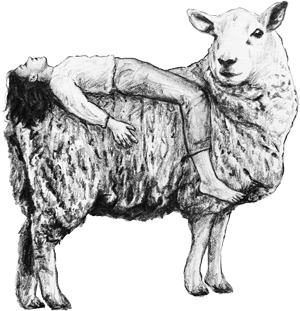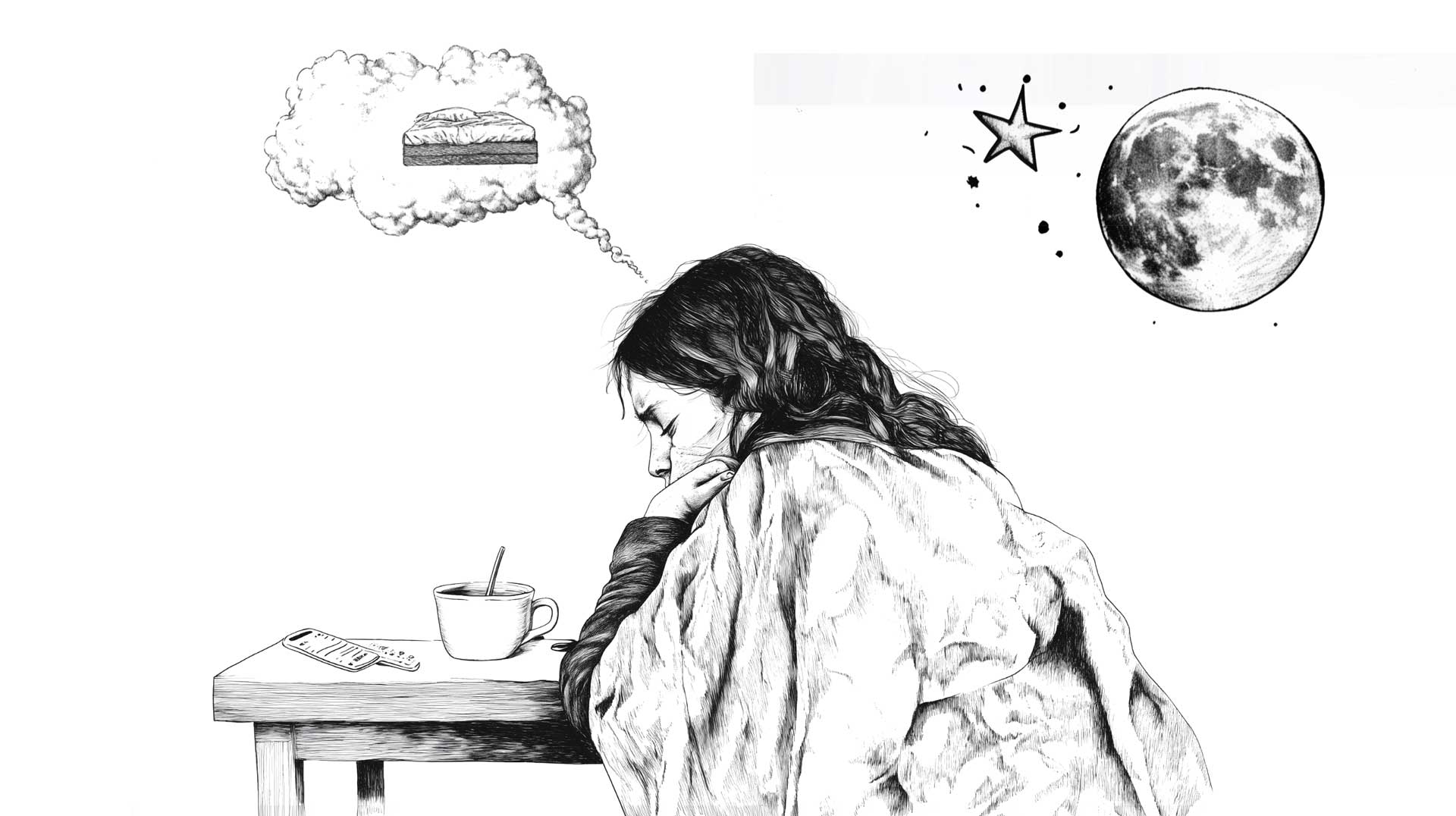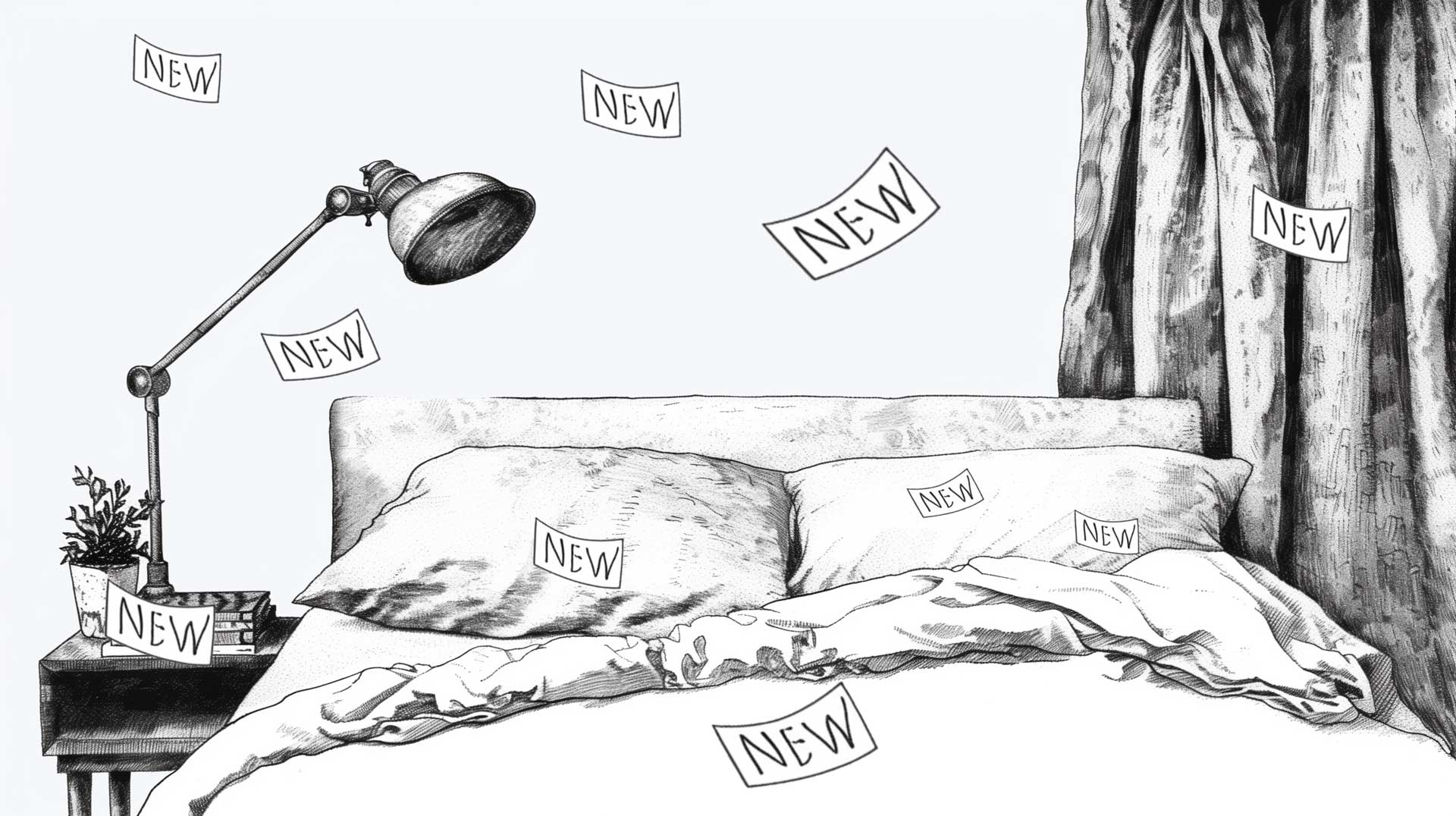Relaxing with a glass of wine or a cocktail might seem like a good way to wind down before bed, but it's important to understand how alcohol affects your sleep.
Although it may help you doze off quicker, alcohol can significantly disrupt the quality and structure of your sleep. In this article, we’ll explore the scientific reasons behind why alcohol impacts your sleep, dispel common myths, and provide tips for balancing a good night’s sleep with alcohol consumption.
In this article, we will cover:
- How Alcohol Affects Your Sleep
- Alcohol and Insomnia
- Alcohol and Sleep Apnea
- Myths About Alcohol and Sleep
- Best Practices for Good Sleep When Drinking
Different Ways of How Alcohol is Messing with Your Sleep Quality
Does Alcohol Help You Sleep?
At first, alcohol might decrease the time required to fall asleep because of its calming properties. This phenomenon is known as reduced sleep latency. However, the sleep you get isn’t restful or restorative. The sedation effect only lasts a few hours, after which the disruptions begin.
How Does Alcohol Affect Sleep?
When you consume alcohol before bedtime, it initiates a series of changes in the body that can disrupt your normal sleep pattern. Here’s a deeper dive into how alcohol affects the different stages of sleep and the overall sleep cycle:
Impact on Sleep Stages
1. Suppression of REM Sleep:
- Phase Impact: Alcohol significantly decreases the duration and intensity of the Rapid Eye Movement (REM) sleep phase. REM sleep typically occurs in cycles throughout the night, about every 90 minutes, and is known for being the stage in which dreaming happens.
- Cognitive and Emotional Consequences: REM is critical for processing emotional experiences and consolidating memories from the day. When alcohol suppresses REM sleep, it can lead to cognitive impairments such as difficulty concentrating, memory problems, and poor problem-solving abilities. Additionally, the disruption of emotional processing can result in mood disturbances the following day.
- Incomplete Recovery: The body attempts to catch up on lost REM sleep during the latter part of the night after the initial suppression, but this recovery is often incomplete. The body may enter REM stages more frequently but for shorter durations. This does not fully compensate for the earlier loss. REM sleep periods are typically longer and more intense in the second half of the night in a normal sleep cycle. However, alcohol can fragment these periods, making them less beneficial.
2. Alterations in Non-REM Sleep:
- Deep Sleep Reduction: Alcohol initially increases non-REM sleep. Especially deep sleep, during the first part of the night, which might initially seem beneficial. However, this is typically followed by a significant reduction in deep sleep during the latter half of the night.
- Physical Health Effects: Deep sleep is essential for physical restoration, cell regeneration, and strengthening the immune system. A reduction in this sleep phase can impact physical health, increase fatigue, and reduce overall sleep quality.
- Shifted Sleep Phases: Alcohol might increase deep sleep (non-REM) during the first part of the night, but this is typically at the expense of later deep sleep phases. As a result, the deep sleep occurs too early before the body’s natural rhythm calls for it. This misalignment can disrupt the synchrony between the sleep cycle and various bodily functions that are optimized for specific times during the night.
Metabolic Shifts and Sleep Disruption
- Initial Sedative Effects: Immediately after consuming alcohol, it acts as a central nervous system depressant. It enhances the effects of neurotransmitters that inhibits brain activity, leading to a quick onset of sleep.
1. Rebound Effect:
- Increased Wakefulness: As the body begins to metabolize the alcohol, usually a few hours into sleep, there is a shift from a sedative state to a rebound effect of heightened neurological activity. This shift can dramatically increase wakefulness and decrease sleep quality during the second half of the night.
- Withdrawal Symptoms: The rebound effect is similar to withdrawal and is characterized by increased heart rate, night sweats, and restlessness. This disrupts sleep continuity and leads to fragmented sleep.
2. Impact on Circadian Rhythms:
- Phase Delay: Alcohol can shift the timing of your body clock, leading to delayed sleep phases. This means you might find yourself wanting to go to sleep later and having difficulty waking up at your usual time.
- Hormonal Disruption: Alcohol interferes with the normal production of melatonin, the hormone that regulates sleep-wake cycles. This further contributes to disrupted circadian rhythms and poor sleep quality.
Alcohol and Insomnia
Alcohol can cause or worsen insomnia because of its negative impact on sleep patterns and the sleep-awake rhythm:
- Tolerance Development: Over time, the sedative effects of alcohol can diminish, leading individuals to consume more alcohol to achieve the same drowsiness.
- Alteration of Circadian Rhythm: Alcohol can shift the timing of your sleep, interfere with your internal clock, and disrupt the natural signals that indicate sleepiness and wakefulness.
Alcohol and Sleep Apnea
- Relaxation of Muscles: Alcohol consumption before sleep causes the throat muscles to relax, increasing the likelihood of airway obstruction. This relaxation may worsen sleep apnea symptoms by making the airway more liable to collapse during the night.
- Reduction in Defensive Reflexes: Alcohol also dulls the brain’s ability to respond to breathing difficulties. Normally, the brain awakens the individual briefly to reopen the airway, a critical reflex for managing sleep apnea. Alcohol impairs this reflex, leading to longer, more severe apnea episodes.
- Increased Snoring: Additionally, the relaxation of throat muscles intensifies snoring, which can itself restrict airflow and worsen sleep apnea.
These effects of alcohol lead to more disrupted sleep and increase the risk of health issues related to poor sleep quality.
Results and Myths of Alcohol Before Sleep
Many beliefs about alcohol and sleep aren’t backed by science. Here are some clarifications:
- Does Alcohol Make You Sleepy? Yes, due to its depressant effects alcohol will make you feel tired/ sleepy, but it disrupts later sleep stages.
- Why Do I Wake Up Early After Drinking? This is due to the rebound effect as the body compensates for the initial depressive effects of alcohol.
- Can Wine Help Me Sleep Better? No, while wine can make you fall asleep faster, it impairs the quality of sleep, similar to other forms of alcohol.
Best Practices for a Good Sleep if You Drink Alcohol
If you choose to drink and can’t sleep after drinking, try this. Those are some ways to minimize the impact on your sleep:
- Timing: Stop drinking at least 3-4 hours before bed to allow your body time to metabolize the alcohol.
- Hydration: Drink plenty of water to offset the dehydrating effects of alcohol and sober up before bed.
- Environment: Ensure your sleeping environment promotes relaxation, such as a dark, cool, and quiet bedroom.
- The Amount: Avoid excessive drinking. Binge drinking or Heavy drinking is far worse than having just one or two glasses of an alcoholic drink.
Summary
While enjoying an occasional drink may be part of your evening routine, it’s important to understand how alcohol affects your sleep. You may feel like it helps you to fall asleep but the quality of sleep you’re getting is worse. By managing the amount and timing of alcohol consumption, you can enjoy a drink without significantly disrupting your sleep quality and wake up feeling well rested. Remember, moderation is key, and creating a sleep-conducive environment can help mitigate some of the sleep disturbances caused by alcohol.



